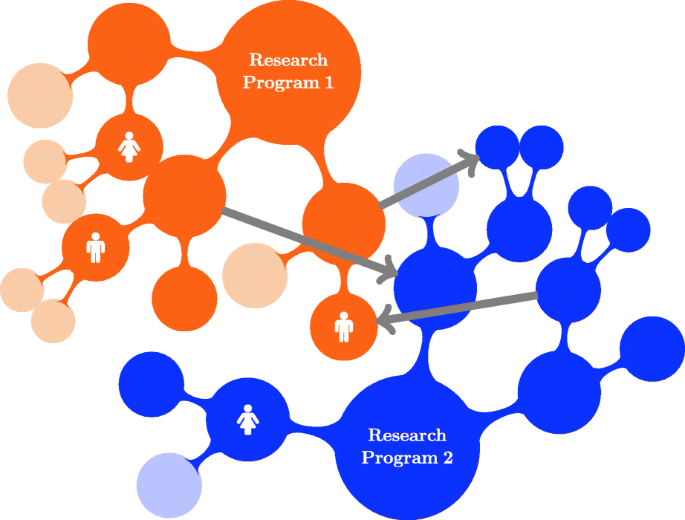Talk at “Formal Models of Deliberation and Polarization” (Amsterdam)

Dunja Šešelja presented our Modeling bias and deception with an argumentation-based model of scientific inquiry (joint work with AnneMarie Borg, Daniel Frey, Dunja Šešelja and Christian Straßer) at the workshop Formal Models of Deliberation and Polarization organized by Hein Duijf and Catarina Dutilh Novaes. Here’s the abstract:
The problem of bias and deception in science has increasingly gained the attention of scholars employing agent-based models (ABMs) to study mechanisms that produce, or those that mitigate the risk of biased or deceptive behavior. In this paper we study the impact of biased and deceptive agents on the efficiency of scientific inquiry by employing a model structurally different from those that have previously been used to this end, namely, the argumentation-based ABM (ArgABM). Our study focuses on the question whether certain factors underlying scientific inquiry (such as communication structure and procedures via which scientists choose which theories to pursue) help as mitigating strategies for reducing the harmful influence of bias and deception. Our results suggest that highly connected communities tend to perform better than less connected ones, while some types of theory-choice procedures allow the community to be more robust towards the harmful influence of bias and deception than others.
Our model ArgABM is an agent-based model based on abstract argumentation (Dung, 1995). You can find more on it in the following publications:
- Borg, A., Frey, D., Šešelja, D. & Straßer C. (2019). Theory-choice, transient diversity and the efficiency of scientific inquiry. European Journal of Philosophy of Science. http://dx.doi.org/10.1007/s13194-019-0249-5
- Borg, A., Frey, D., Šešelja D., & Straßer C. (2018). Epistemic effects of scientific interaction: approaching the question with an argumentative agent-based model. Historical Social Research, 43(1), 285–309.
- Borg, A., Frey, D., Šešelja, D., & Straßer, C. (2017). An argumentative agent-based model of scientific inquiry. In S. Benferhat, K. Tabia, & M. Ali (Eds.), Advances in Artificial Intelligence: From Theory to Practice: 30th International Conference on Industrial Engineering and Other Applications of Applied Intelligent Systems, IEA/AIE 2017, Arras, France, June 27-30, 2017, Proceedings, Part I (pp. 507–510). Cham: Springer International Publishing.
- Borg, A., Frey, D., Šešelja, D., & Straßer, C. (2017). Examining network effects in an argumentative agent-based model of scientific inquiry. In A. Baltag, J. Seligman, & T. Yamada (Eds.), Logic, Rationality, and Interaction: 6th International Workshop, LORI 2017, Sapporo, Japan, September 11-14, 2017, Proceedings (pp. 391–406). Berlin, Heidelberg: Springer Berlin Heidelberg.

